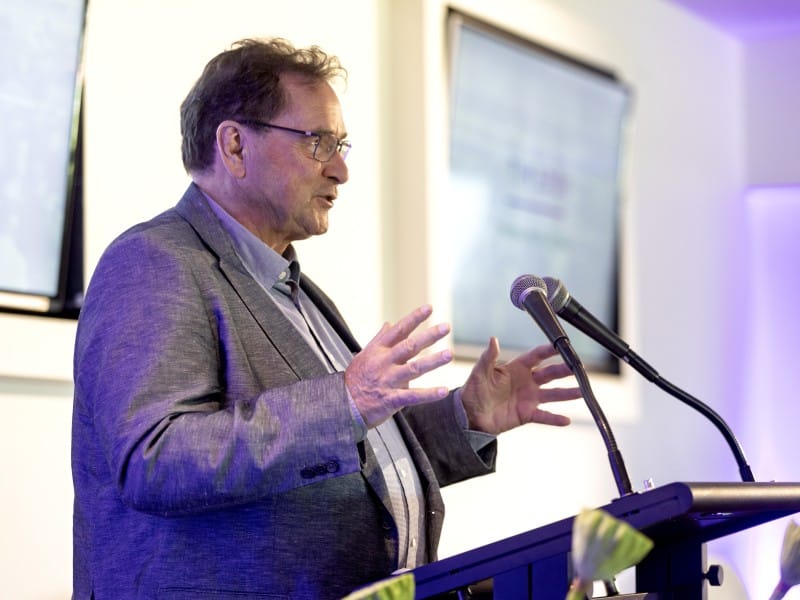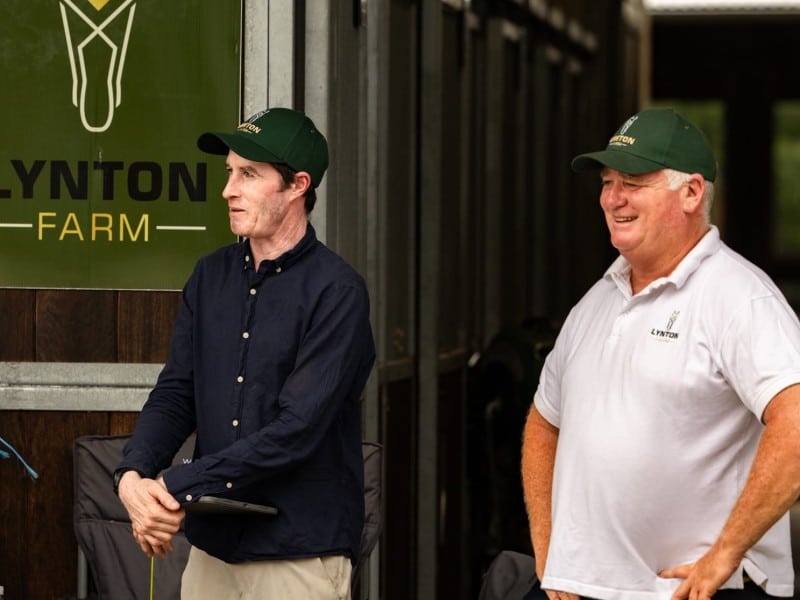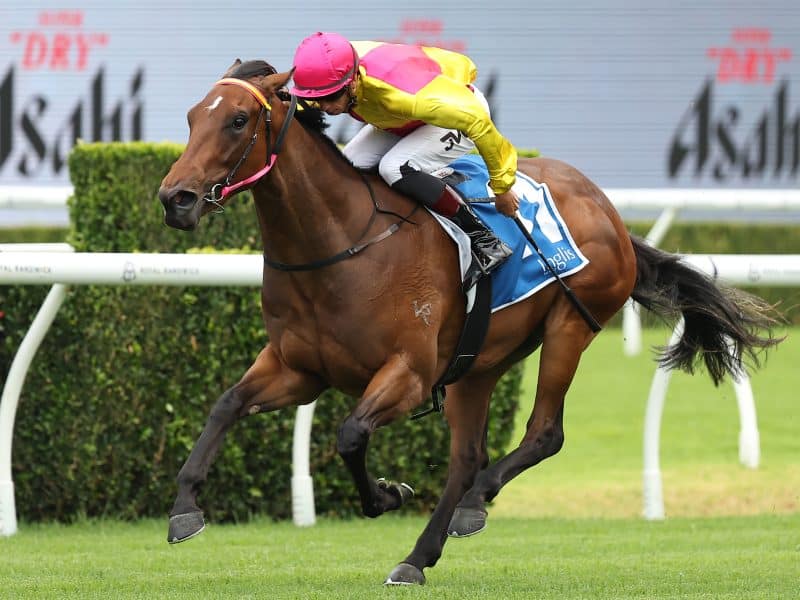Scott banks on wagering pedigree to help protect industry revenue streams
Late last April, Jason Scott took the wheel at Racing Queensland as its new chief executive. He had some shoes to fill, most notably those of the diplomatic Brendan Parnell, who had been in the role since 2018.
Speaking to the media after his appointment, Scott said: “If they wanted someone to just sit at the wheel and steer, I wasn’t their guy, but if they wanted someone who was a catalyst for change, then I was their guy.”
Scott started as he meant to go on; boots laced and ready for road.
Diversity was one of his key interests (could he encourage a multicultural trackside wagering presence), along with such important tickets as unity in the principal racing authority (PRA) landscape.
Eight months later, Scott’s rubber band is stretched tight between a desk in Deagon and Queensland’s 114 thoroughbred race clubs, not to mention the six greyhound clubs and three harness clubs littered around the state.
“I’ve had eight months to get my feet under the desk and understand, in a lot more detail, things that I perhaps thought I knew,” Scott says.
“I’ve been involved for 30 years in racing, both as a consumer, a bettor and working in bookmaking, but this job has opened my eyes to things we are doing well, things we could be doing differently, and other opportunities we’ve got to improve.”
Alongside Tasmania and Western Australia, Queensland is one of the three states handling its three codes of racing under one roof. Scott has 123 licensed clubs to listen to, which extend across the state’s nearly two million square kilometres.
Queensland alone contributes 13 per cent of the total impact generated by thoroughbred racing in Australia, sustaining 9200 full-time jobs, 882 registered trainers and nearly 17,000 state-wide racehorse owners.
“Managing the three codes of racing is probably the one thing that has taken me by surprise in this job,” Scott says. “The needs are different across all three, and also perhaps the different socio-economic positions of the participants. That’s been a significant eye-opener.”
Scott, married and a father of two, relocated to Brisbane for his new job. Before that, he’d been the chief executive of Ladbrokes Australia and the vice president of trading, VIP and retail operations at BetMGM. For the latter, he’d lived in the United States through much of COVID-19.
This experience in the wagering industry has been critical to his appointment at Racing Queensland, particularly in the face of a wagering downturn.
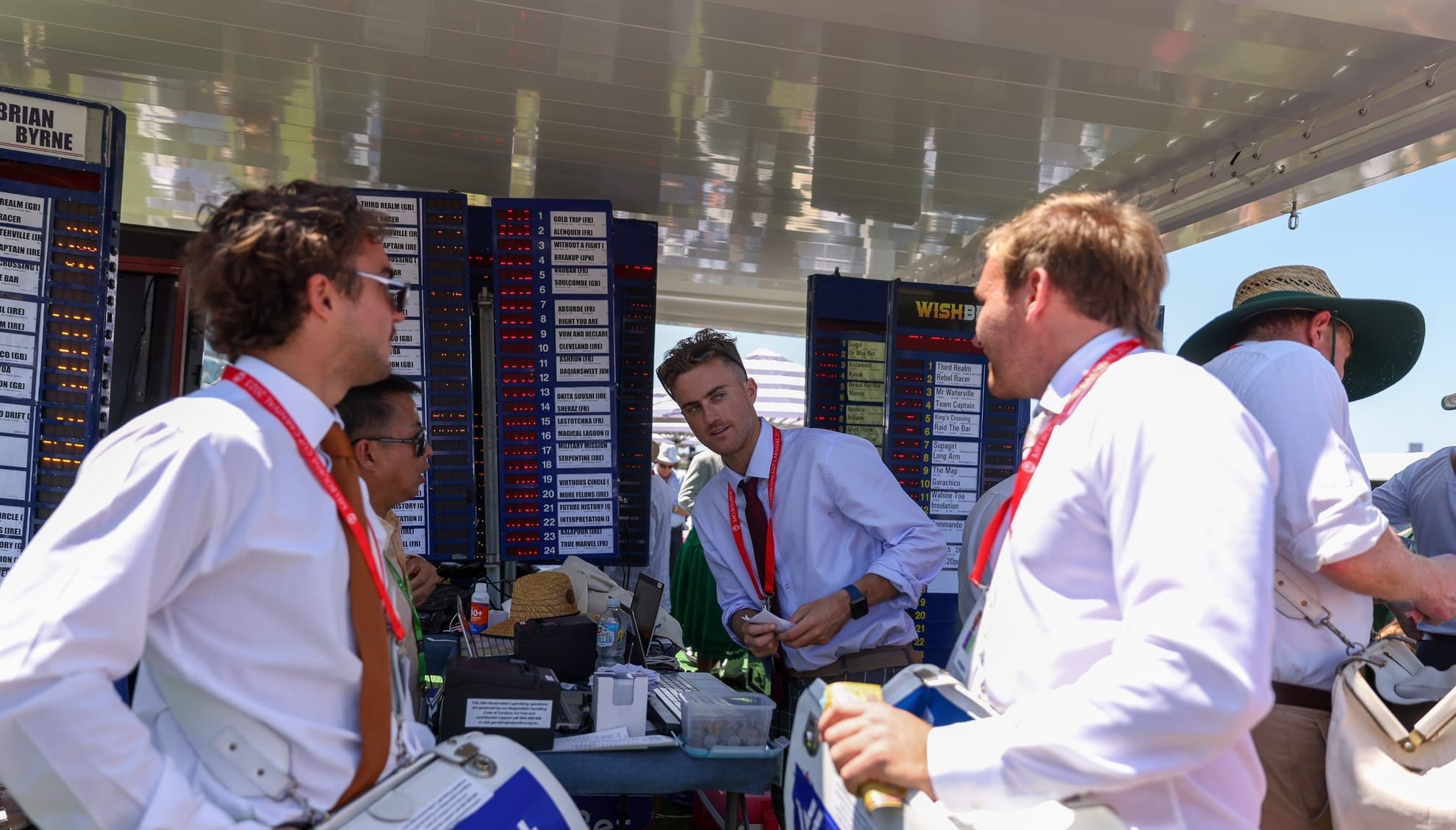
Australian betting revenue was at record levels during the pandemic, which hasn’t been sustained, and with the persistent threat of government regulation and no one yet knowing what that looks like, there are no racing administrators in Australia as qualified as Scott to deal with these headwinds.
“I think we’re actually in the first downturn of wagering in the last 25 years since digital wagering has been a significant part of the Australian fabric,” he says. “Every state, and every code in every state, has seen that we’re down.
“We’ve seen cuts in Victoria across all three codes, and NSW’s forward estimates have been reduced. So being able to maximise what we’ve got, and minimise that downturn, has been critical.
“But also being able to understand why it happens … the relationships I’ve got with the wagering companies have been really helpful to me.”
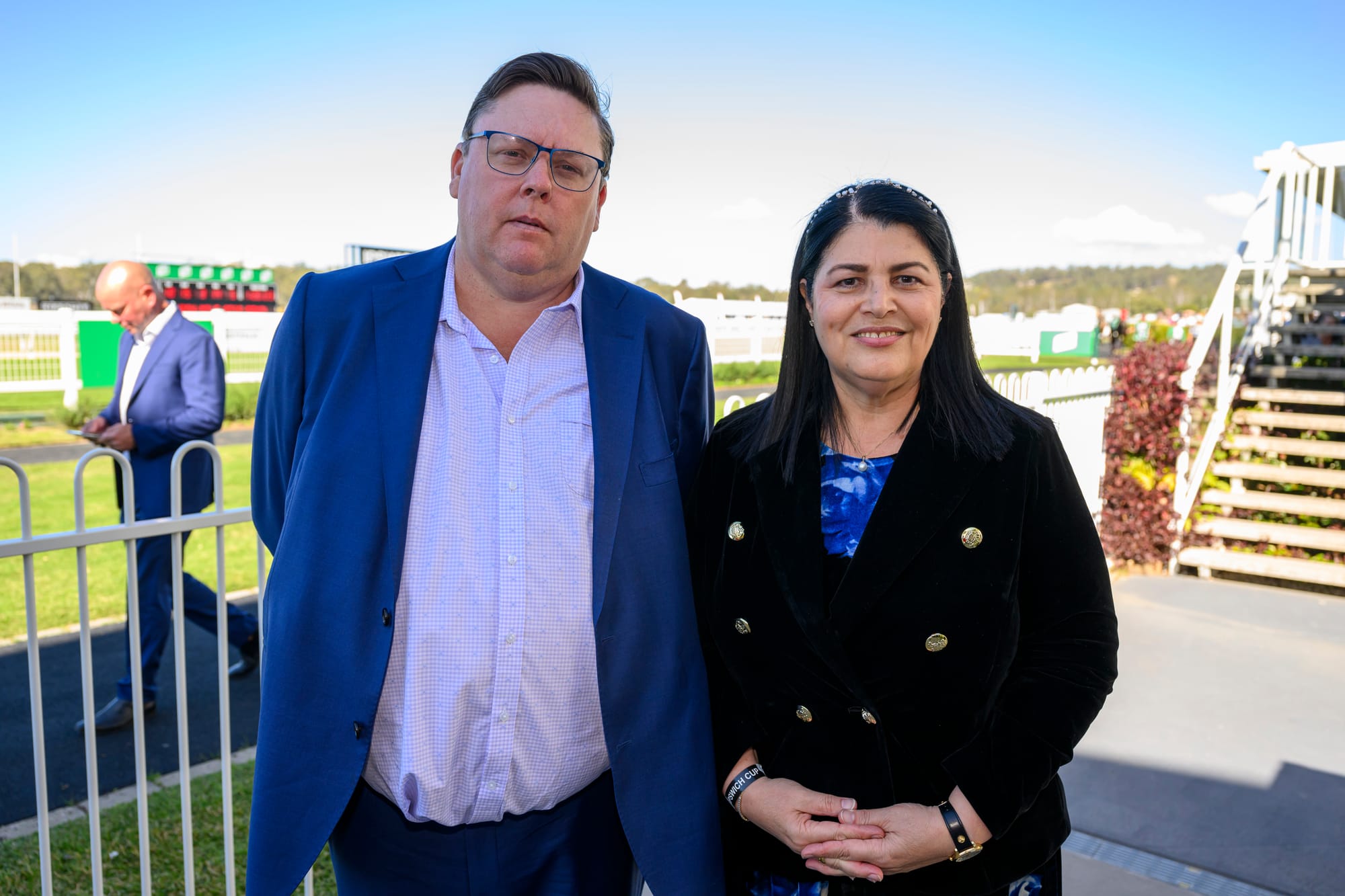
Arguably, racing administrators need to wear many hats. There are politics and negotiation involved, even to the point of trying to curry favour during mediation. It’s not an easy job, and Scott is the first to admit it. But his wagering background is a decided edge that Racing Queensland has over neighbouring states, given the enormity of the wagering issues facing the racing industry across all three codes.
“Wagering is the most critical issue to racing right now,” Scott says. “Under the Queensland model, it’s where most of our revenue comes from. Ninety-five percent, in fact, comes from wagering.
“Now obviously I have to go to the government, cap in hand, for major infrastructure spends, and we get a little bit of media rights, but the wagering model is our sole funding model, so it’s imperative.”
The other sticking point is the fractiousness between the PRAs. Scott entered Racing Queensland last year on personable terms with Peter V’Landys and Graeme Hinton at Racing NSW, whom he had dealt with at Ladbrokes.
“Racing needs a strong Racing Australia,” he says. “It needs six states and two territories united and pushing in the same direction. In harness and greyhounds, we do it fairly well. In fact, I’d say we do it very well in harness and greyhounds.”
At the time that Scott took office last April, the legal stoush between Racing NSW and the other PRAs was on the front pages. Since then, things have hardly improved but Scott is diplomatic about it.
“Let’s just say there is room for improvement to make Racing Australia more effective,” he says.
Juggling the politics, the books, the media and the commitments isn’t easy for one man in this role, particularly one as straight-shooting as Scott. When he started, he said he would never be able to keep all the people happy all of the time.
“That’s become more apparent to me,” he says lightly. “Every club wants more money and every club wants to race on Saturdays, and that goes all the way through the bush, right through the provincial clubs and into the city.
“Money and Saturday race dates are both finite and, in a way, we’re just a facilitator. If we give something to someone, it means someone else isn’t getting it. If I give something to one club, I’ve upset another club that wanted more. It’s just a balancing act.”
It’s not in Scott’s nature to get frustrated by this constant ball game. He’s a sharp operator but he’s also a good guy, approachable and patient.
“I don’t get frustrated because it’s a race club’s job to do what’s best for its club, to ask and to push and to try to maximise what they can achieve for their members,” Scott says. “So rather than being frustrated by it, I think it’s the opposite. I understand where they’re at and, in a perfect world, I’d be able to say ‘yes’ a lot more, but resources are finite.”
Scott hasn’t forgotten what it’s like to be a racing consumer. One of the most enjoyable parts of his job has been getting out among the clubs around the state, meeting its participants and hearing their stories. He’s lost count of the number of race meetings he’s been to.
At some, he’s posed for media opportunities with politicians and club administrators, but at others, few even knew he was there.
“I go to the races to talk to the grassroots, the people who have been in it for 25 and 30 years,” he says. “Frankly, I’ve got some of my best intel and best ideas from talking to people about the day-to-day.”
As far as 2024 goes, Scott is looking down the gunsight of ongoing wagering solutions and major infrastructure works in Queensland. The harness and greyhound scene will resume at Albion Park in Brisbane, and there are grandstand concerns at the Brisbane Racing Club (BRC).
“We have to solve a concrete cancer problem with our friends at the BRC, who have a grandstand with maybe two to two-and-a-half years of life left,” he says. “Probably the next major issue to that is working our way through this wagering downturn, because we don’t when it’s going to stop.
“Cost of living keeps going up and interest rates keep going up, and people have less disposable income to bet with. We need to understand what that looks like and be financially frugal, or certainly sensible, in response to it.”
Scott will be at Magic Millions through early January, keeping his finger on the pulse of Queensland racing and breeding industries). When at the Ladbrokes helm, he used the January carnival as the ideal place to network.
“Magic Millions is a great event for all racing administrators because there are so many people there from all over Australia,” he says.
“Owners, trainers, jockeys, breeders and punters, they all congregate on the Gold Coast for that period. In terms of networking, it’s a perfect place to get in touch with a lot of people quickly.
“Magic Millions itself has certainly changed racing in Queensland. It’s given us a footprint and a foothold that we otherwise wouldn’t have had in this state.”


